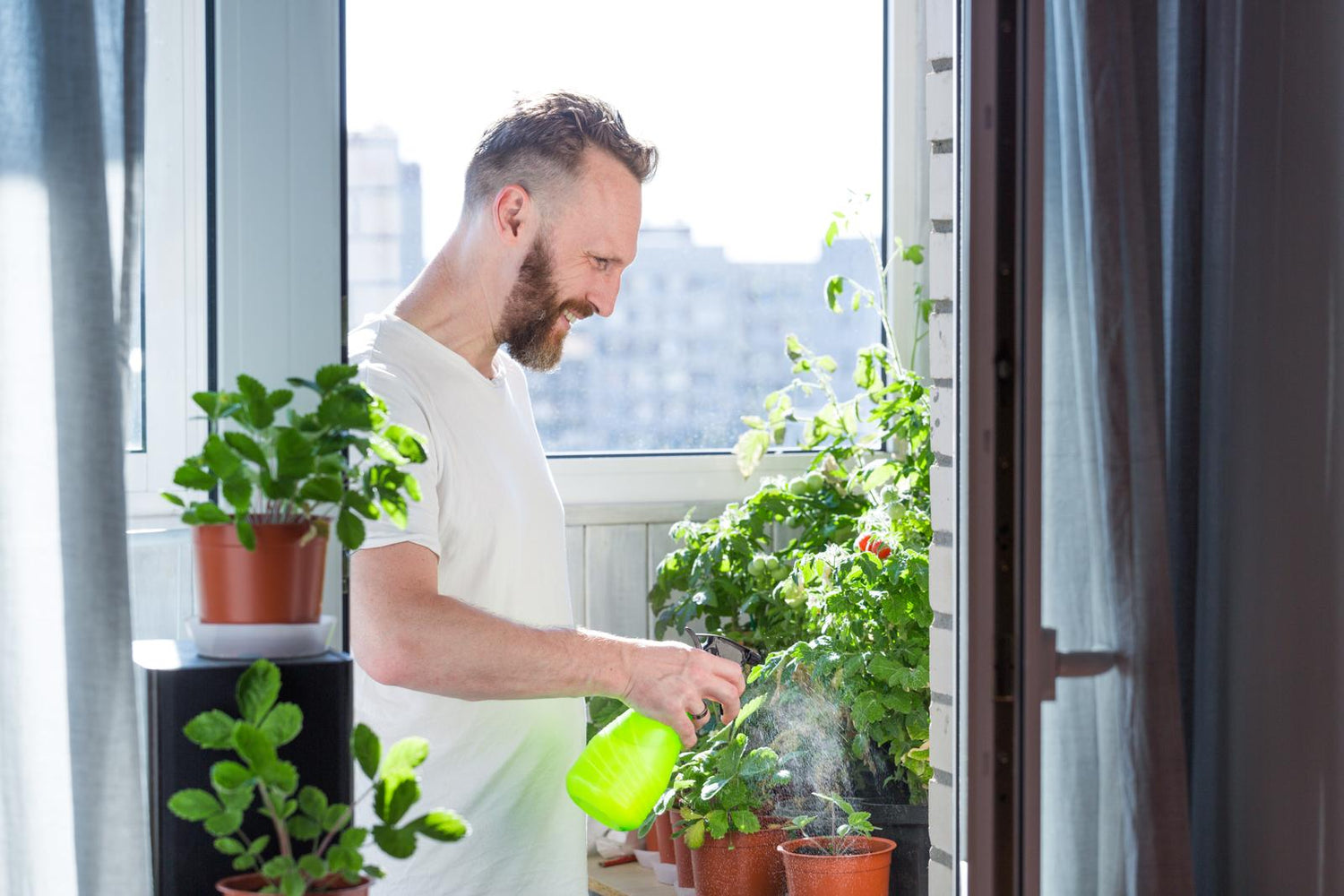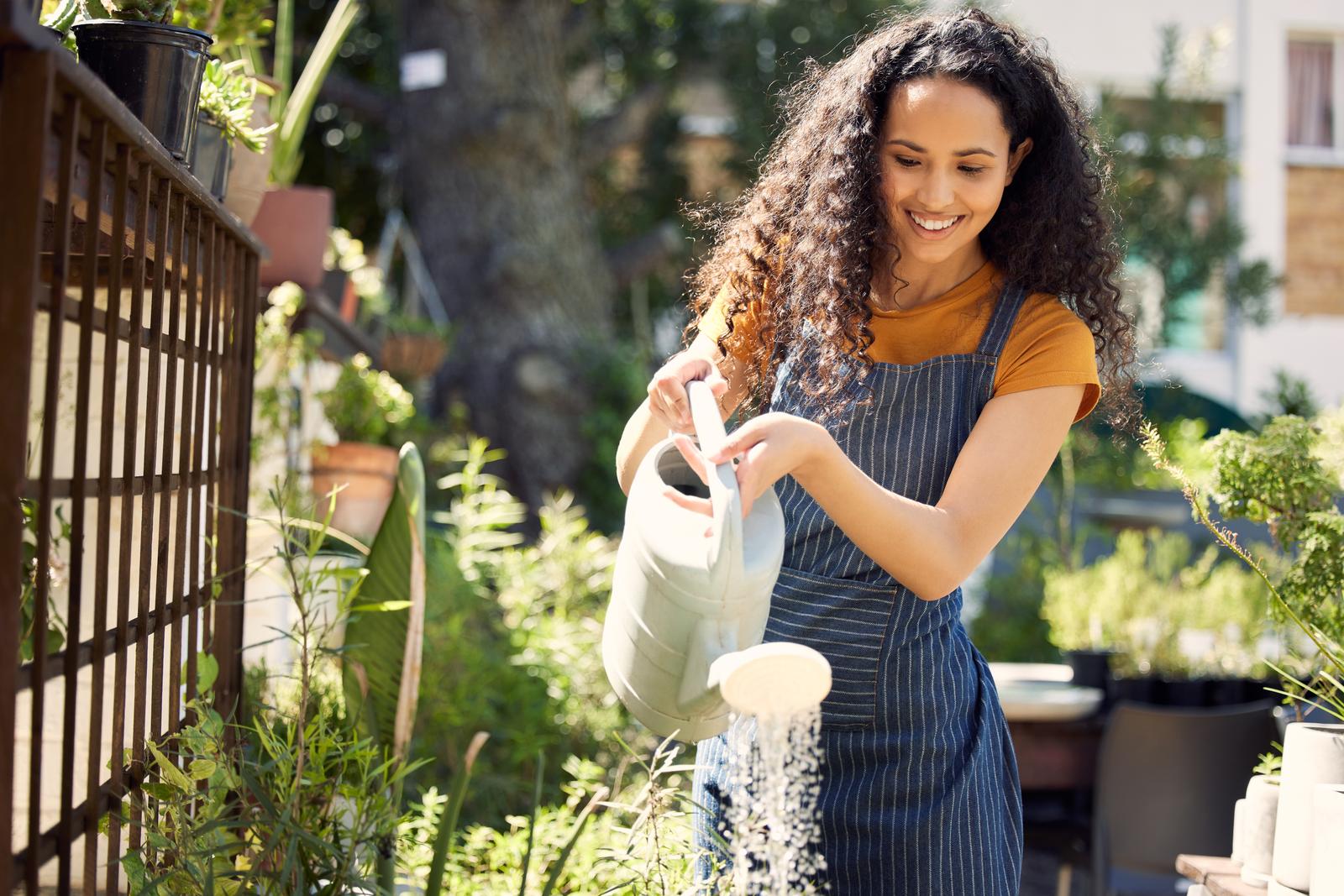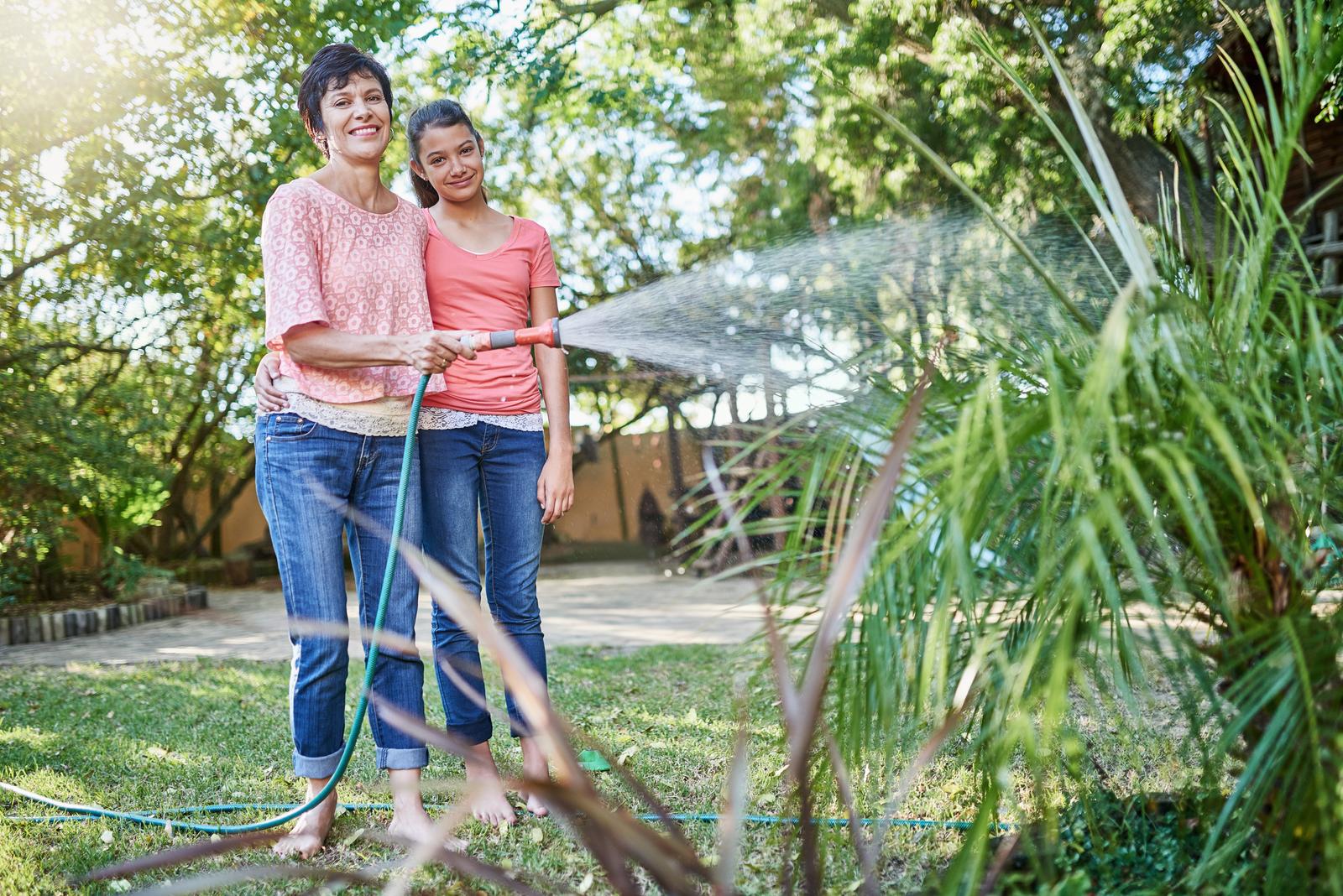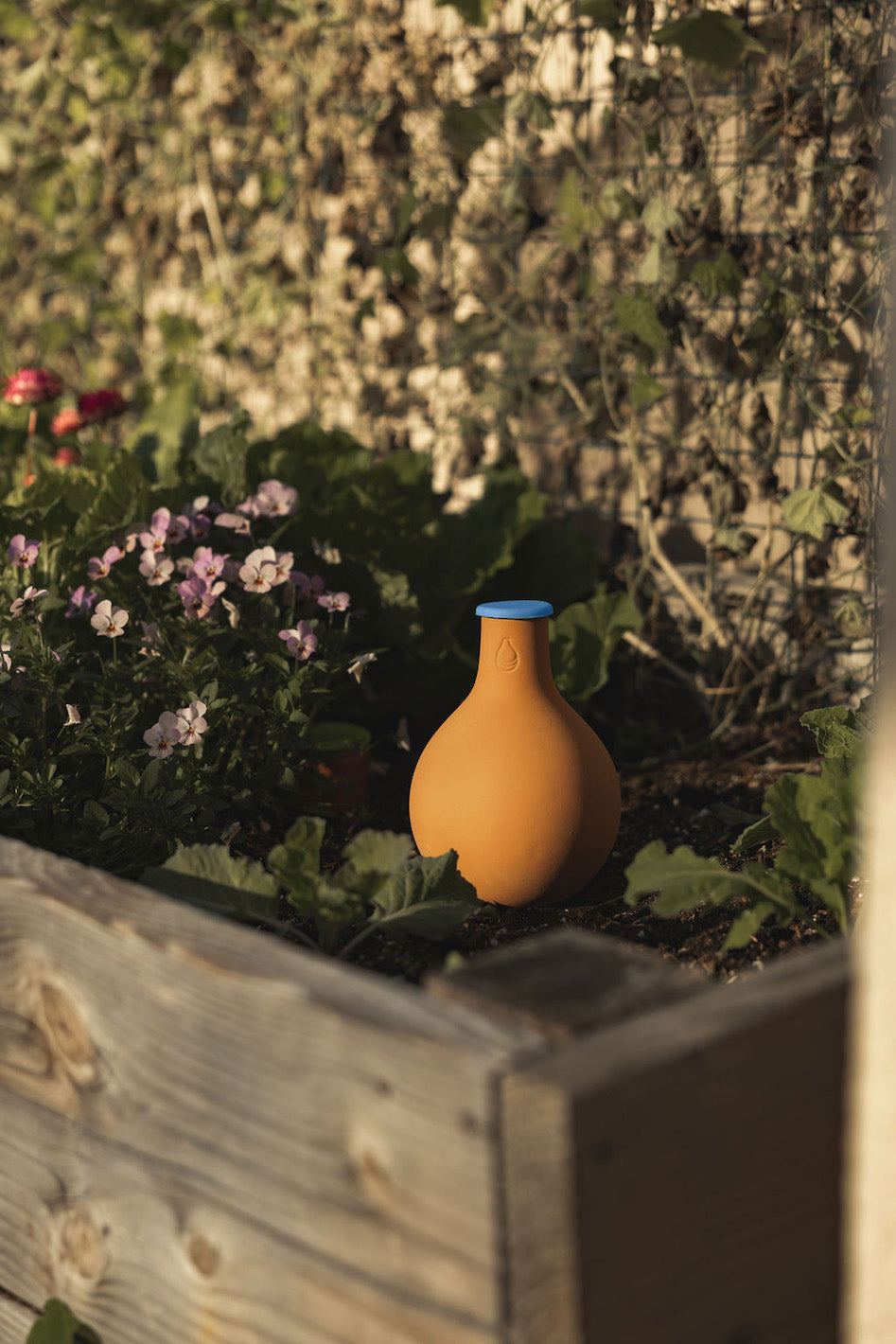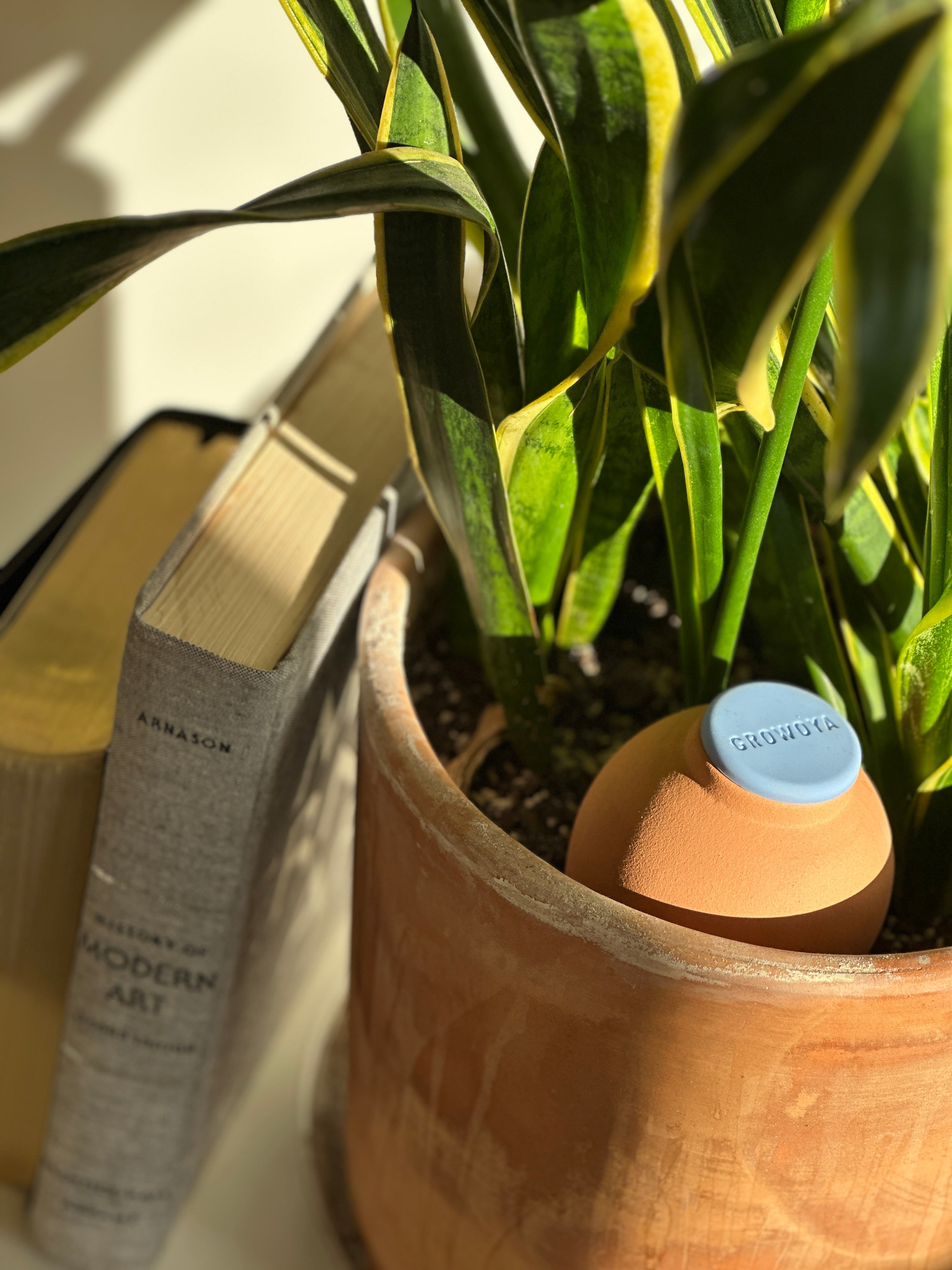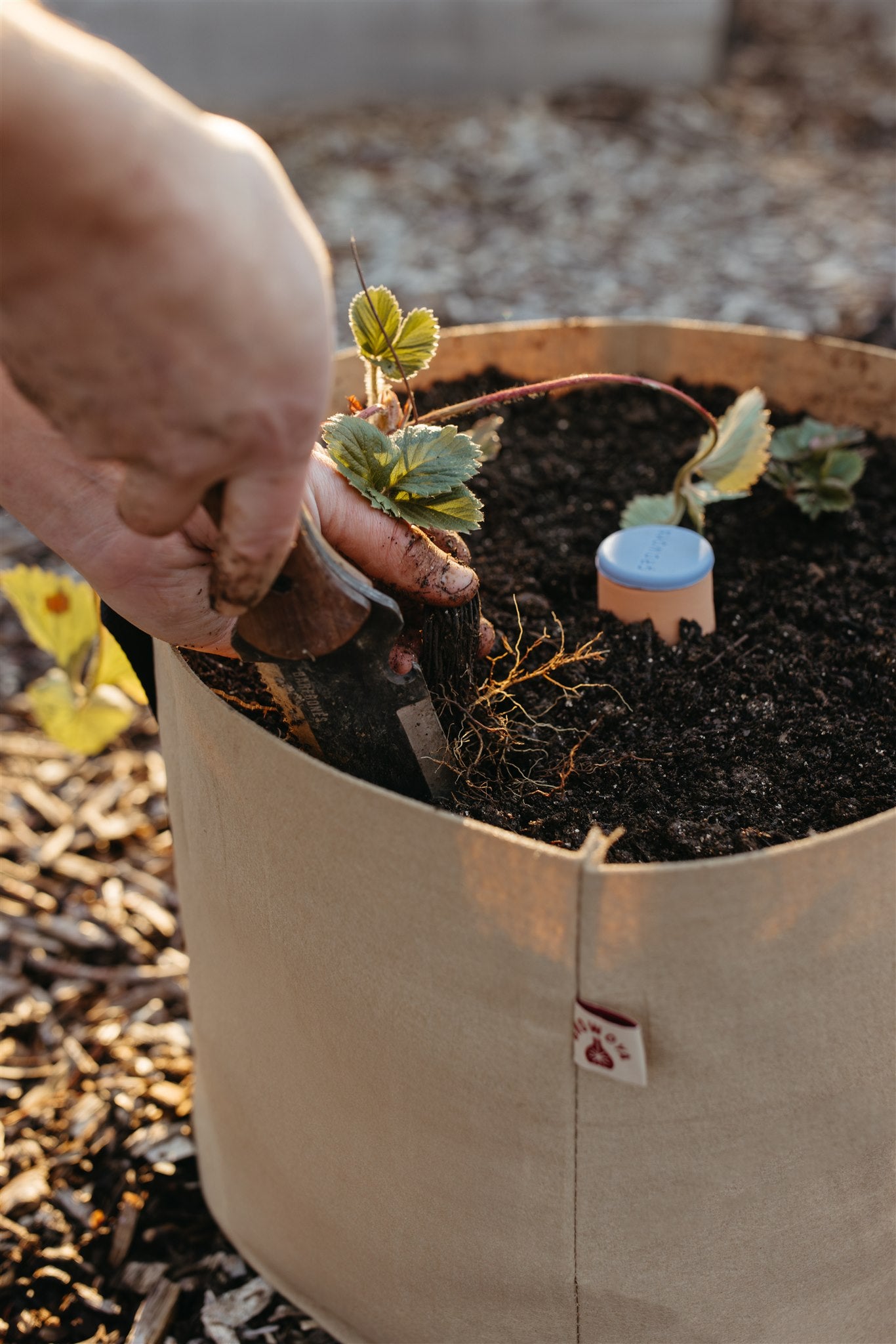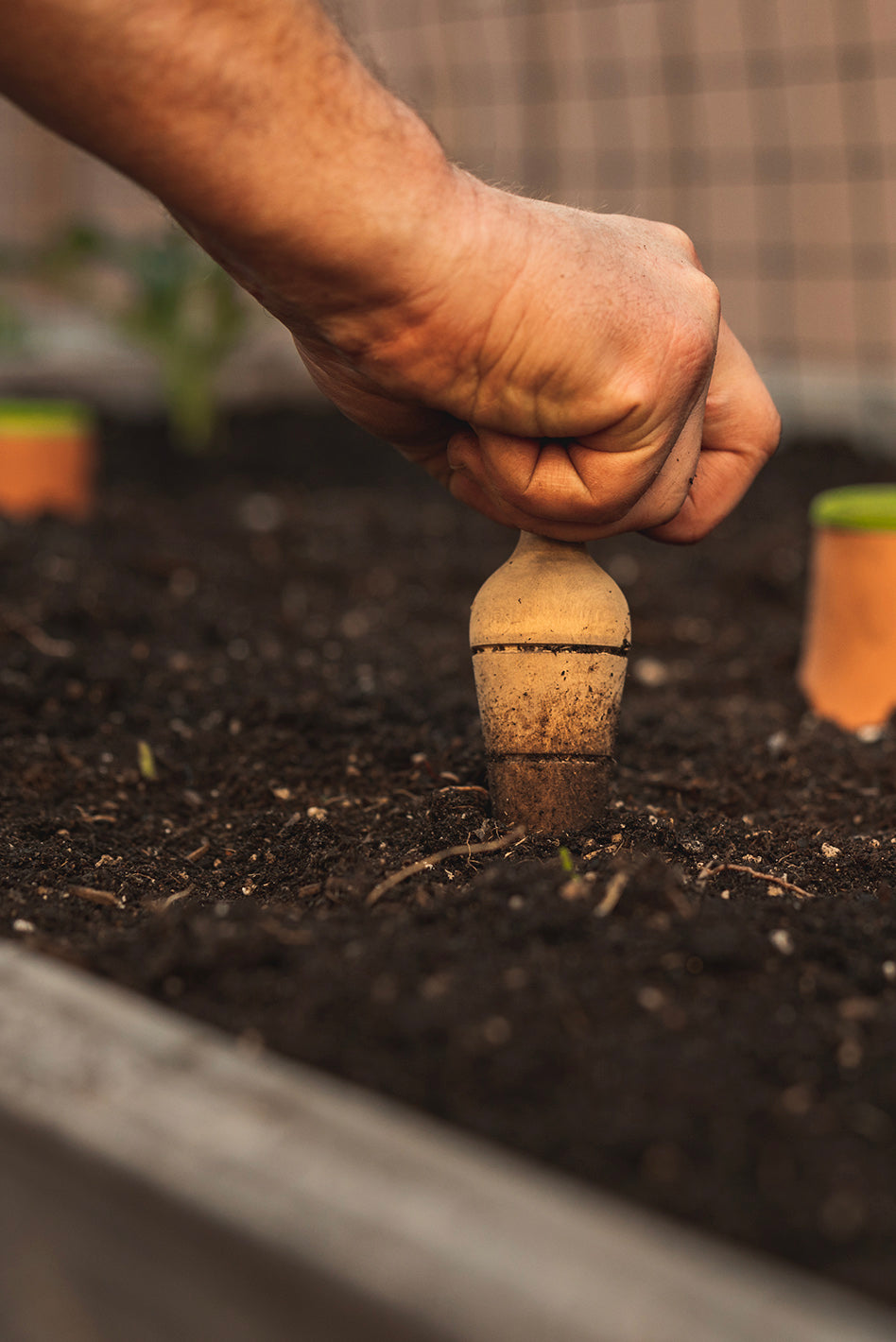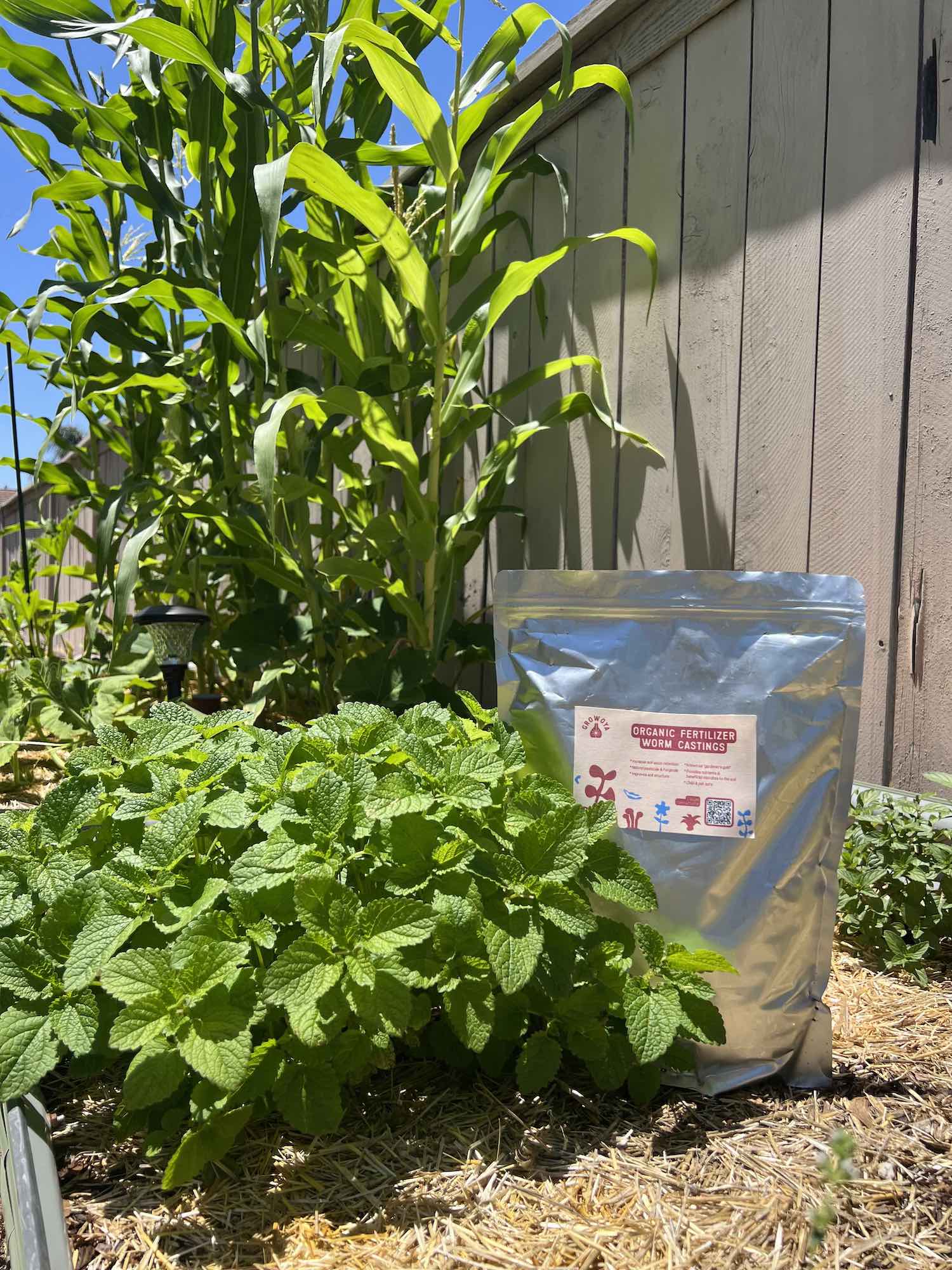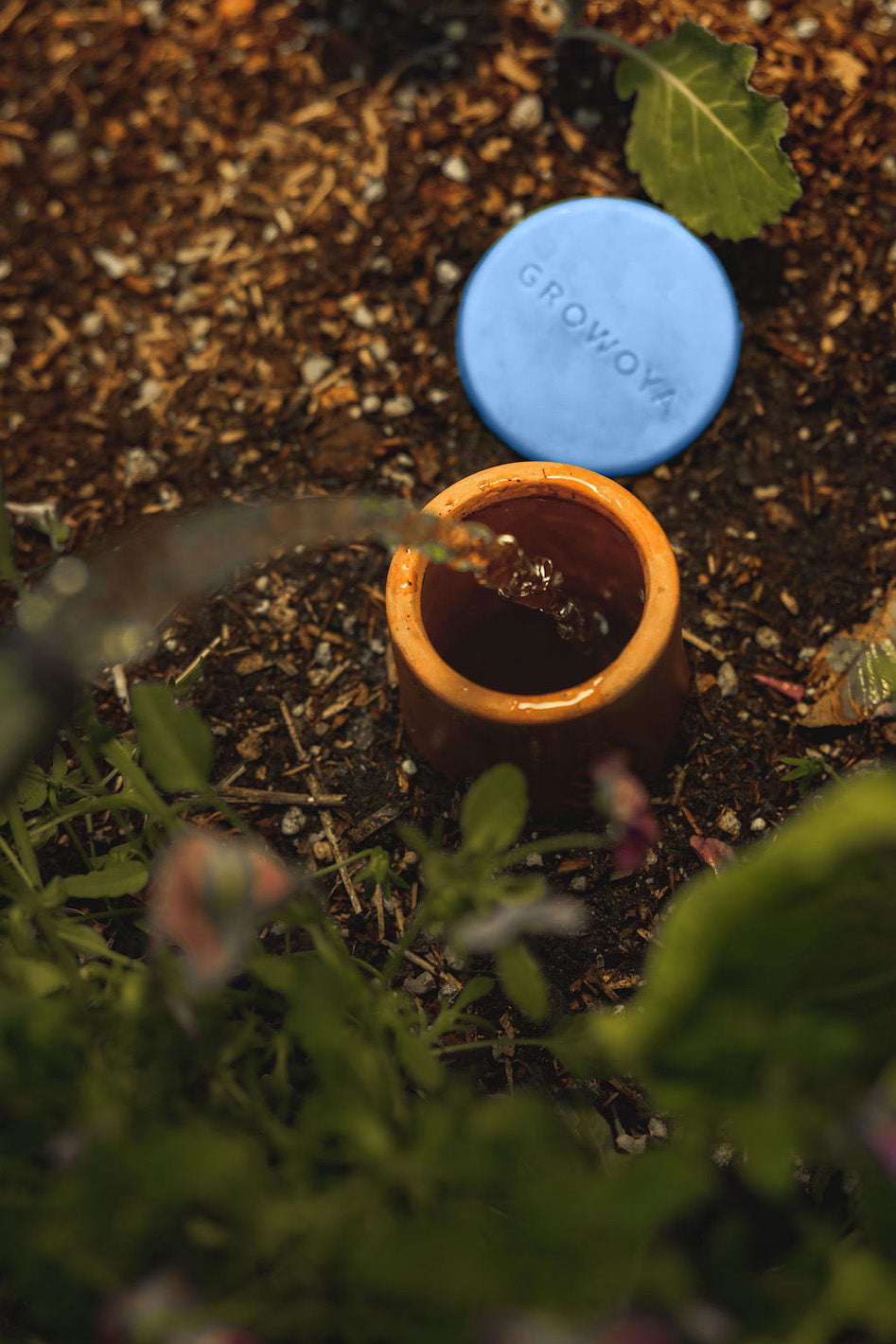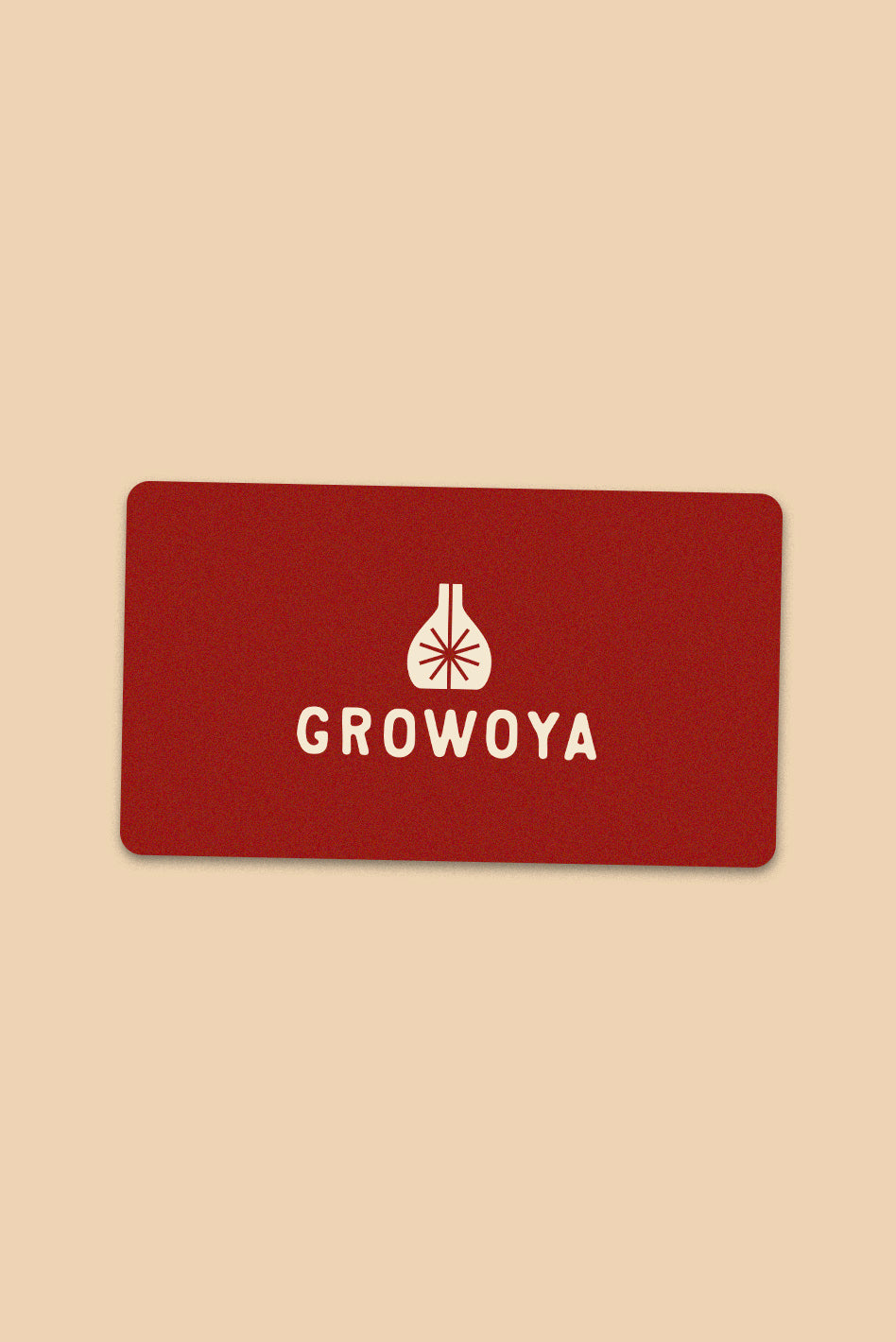Having a small apartment should not stop you from growing a garden. If you can keep ornamental potted plants in your house, maintaining a small apartment garden should be easy. You can do it, and we will show you how!
Transforming your indoor or outdoor space into a garden paradise will make your home feel more homie and warm. With just a few patches of green around the house, a fun hobby can really improve your quality of apartment living.
Since every apartment has either a balcony, a patio, or a window sill for chances are you can accommodate a garden. By the end of this article, you will know how to set up your own apartment garden.
Apartment Gardening for Beginners
Indoor gardening is easy if you choose the right plants and understand their growing requirements. The secret to a successful apartment garden is finding the right balance of the elements needed to grow healthy varieties of plants.
Here are some of the important factors you need to keep in mind.
Sunlight For Indoor Plants
Access to light is essential because garden plants require 6 to 8 hours of direct sunlight daily. This should not be a problem for you since most tall apartment buildings have great access to natural light especially if there are no other buildings blocking the sun.
If you do not have good access to sunlight, maximize your balcony space by putting garden beds, potted plants, and garden containers where outdoor plants can enjoy lots of time under the sunlight.
If you lack outdoor spaces, use your window ledge to put window baskets and planters. Look for other areas in your apartment where plants can get plenty of sunlight throughout the day.
For indoor spaces, choose low-maintenance and shade-tolerant plants like succulent plants, air plants, and snake plants. Another option is to take out your potted plants every morning to let them bask in the sun and take them back inside after a few hours. Using low blue light is also very helpful to keep your indoor garden thriving.
Soil
Healthy soil is one of the most important elements of growing a healthy successful apartment garden. It is the main source of nutrients, water, and oxygen plants need to grow.
We recommend using a potting mix for your indoor apartment garden. A good potting mix is the best soil type for apartment gardens because it is light, drains well, and does not clog up as regular garden soil does. It keeps oxygen and water circulating which helps avoid root rot.
Water
Different plants have different watering requirements. knowing when to water and how much water each plant needs is crucial to avoid dehydration or overwatering.
Using a hose or a watering can is messy especially when it comes to window baskets and plant containers. Flooding can be an issue. Setting a watering schedule is also hard if you have a busy work schedule and home life. This is where our Oya pots can help you. Oya pots eliminate the need for watering your garden manually. Your plants can get the nourishment they need daily without wasting water or time. No need for second-guessing if your garden is getting enough or too much water.
Humidity
Apartment plants do not get enough humidity to thrive. They need extra help. Spray their leaves with water using a mist sprayer or place them in a tray of fresh tap water regularly to keep them healthy.
Using our Oya pots also helps with providing the humidity your indoor garden plants need. Keeping your Oya pots full to the brim maintains the humidity around your indoor apartment garden patch.
Wind
With limited space, your most likely option for an apartment garden location is your balcony, window ledge, or your rooftop. These locations expose your plants to strong winds which can be brutal to your plants.
Strong winds can knock over pots, and break stems, leaves, and flowers. You will need added protection for your pots, baskets, and garden beds. One way of doing that is installing a windscreen or a railing. You can also make sure that your pots and garden baskets are reinforced with strong support so they don't easily topple over. You can make sure your garden beds are wide and deep enough so the plants are anchored strongly to the soil.
Weight
Some apartment buildings have weight restrictions when it comes to indoor gardening so the type of soil you use and the type of plants will matter. Ordinary garden soil is heavy and is not good for container gardens. Big trees and heavy plants are also not good options.
Ask your apartment building manager or building management about the garden weight requirements set by the building board. It doesn't hurt to ask!
Best Plant Choices for Apartment Vegetable Garden
Living in an apartment with limited space and weight restrictions limits your plant options. A small indoor jungle is possible only to a certain extent. Planting a big tree is out of the question but a dwarf citrus tree is a viable option.
Get the right plants for the amount of space you have available. There are so many varieties of plants to choose from. The benefits of having an indoor garden are endless. Think about all the fun you can have in growing and eating your own food, the money you will save, the food scraps you can recycle, and the actual health benefits you will enjoy.
Choose plants according to what you love to eat. Buy organic seeds and start with small nursery plants that are easy to grow.
Tomatoes
Tomatoes are easy to maintain and are great apartment plants. They can grow in container gardens, baskets, and pots. Once they start to grow, you only need to water them regularly and they are bound to bear juicy tomatoes in no time.
Tomatoes are perfect for our Oya pots. We also offer multiple varieties of organic tomato seeds like lucid gem, golden nugget, goldie, cherry, and brandy wine tomatoes.
Eggplants
Growing eggplants are very rewarding, especially during harvest time. Eggplants are tasty and very versatile. There are so many varieties to choose from and many ways of cooking them.
Eggplants are one of the most popular vegetable and plant choices for gardeners. They are low-maintenance plants. One plant can produce multiple fruits throughout the year.
Peppers
Peppers are also easy to grow and maintain. All you need to do is make sure they establish their roots, water them regularly, and they will just flourish. Peppers don't have fruiting seasons so it is ideal for a small garden like yours.
Cucumbers
Who doesn't love cucumbers? You can eat them raw, mix them into a healthy shake, make a salad out of them, or cook them into one of your favorite dishes. It is a very versatile vegetable and you will love having it in your garden!
Cucumbers are plant vines and are ideal for vertical gardens. This is good for limited outdoor space in a small building apartment.
Salad Greens
Salad greens like rainbow chard, kale, and arugula are very easy to keep and do not require lots of space. You can plant them in small planting bags or boxes. They only need regular watering and they are good to go. Salad greens beautify your space and are delicious to eat.
Caring for Your Apartment Garden
A small apartment garden may not need a lot of work but it still needs attention. You are expected to provide regular care, nourishment, and maintenance to your garden and vegetable plants daily.
Water Regularly
Certain plants require a certain amount and time of watering. Some plants need to be watered daily while some do not need it as much. You need to know your plants the way you care about your pets. If you water too much, it can cause root rot which can lead to your plants dying. If you water less, it can lead to dehydration.
Fertilize
Some vegetable plants need more than water and sunlight. They need extra nourishment especially vegetables like tomatoes, cucumbers, and salad greens. Make sure you use organic fertilizers. You can make a DIY home fertilizer using your food scraps and other safe ingredients. You can also buy from your trusted local store.
Remove Weeds and Pests
When you have a healthy garden, you will always find weeds and pests. Snails, worms, and other pests love vegetable gardens so pay close attention. Plant diseases can also develop if you do not pay attention to the leaves and leaf color.
Make it a point that you check on your plants regularly, removes pests and insects, and treat problems immediately.
Harvest
Know when to harvest. Do not delay or harvest prematurely. Harvesting fruits on time promotes more production and keeps your plants healthy. Knowing when and how to do it properly is crucial.
Living in small apartments in tall buildings is not an excuse not to garden. You can have a beautiful apartment garden in the middle of the concrete jungle if you put your mind to it. Grow your own food and turn your tiny cold apartment into a lush green space you will love coming home to. It's not hard and it might just be the change your home needs. Indulge in your passion for plants. Enjoy planting, growing, and eating!
